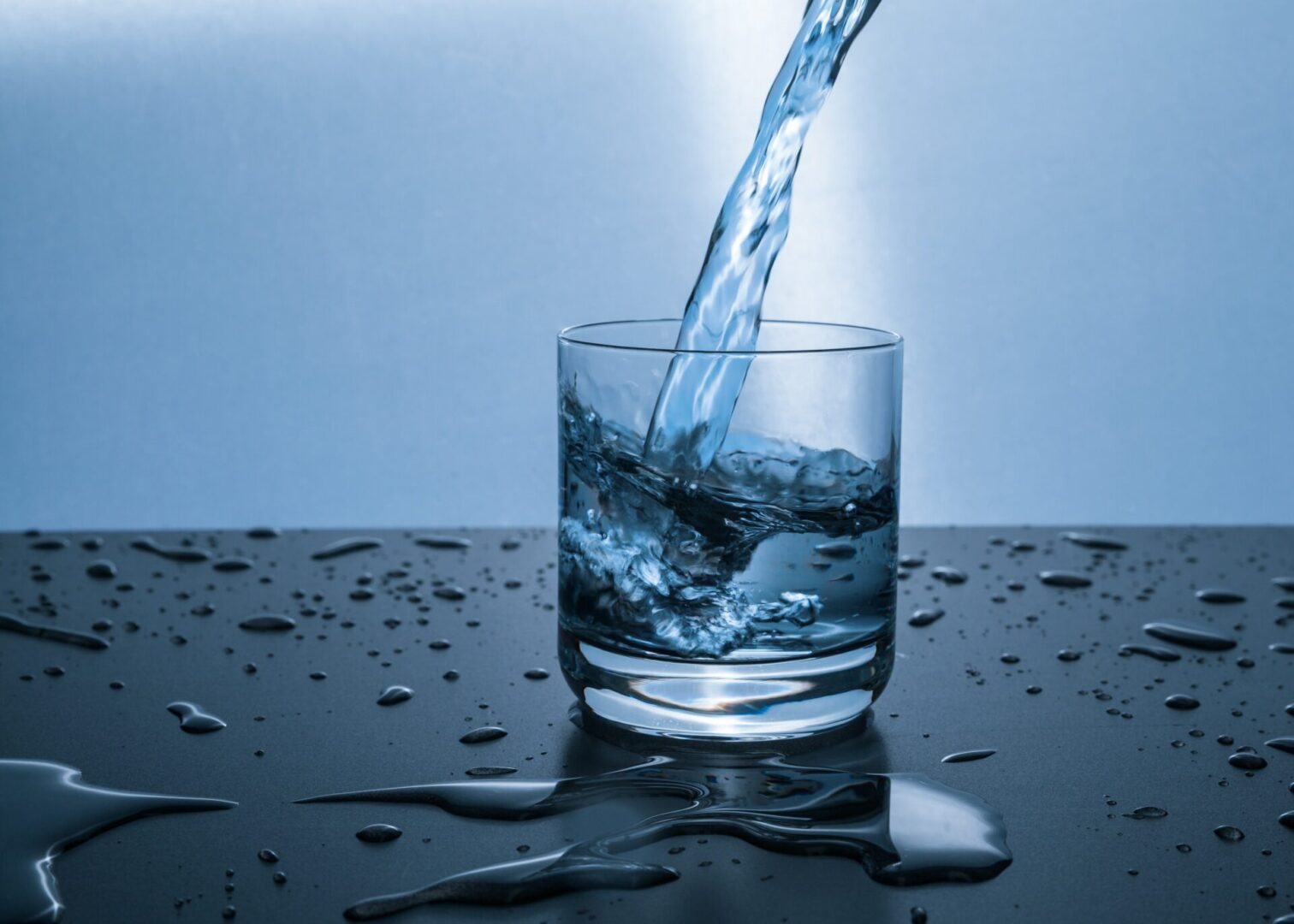Get in Touch for Wellness Guidance
Protein
- Protein is involved in almost all bodily functions and processes and plays a very important role in exercise recovery.
- Protein are responsible for energy production, cell signaling and nutrient transport.
- For healthy living, protein is an essential dietary nutrient.
- Protein can be metabolized for energy when there are excessive amounts in the diet and or when there are not enough carbohydrates to support normal energy production.
- Both Athletes and non-athletes require adequate protein in their diets.
- Additional Protein intake is required for Athletes and active Exercisers for repair and recovery of muscle tissue.
- In general, individuals need between 0.8 to 2.2 grams of protein per kilograms of body weight per day. That is, an active individual requires more protein intake than those exercising with less duration and intensity.
- More Protein is required to recover from strength training than from cardiovascular training.
- A complete protein is a food source that contains all the essential amino acids in appropriate quantities.
- Greater protein intake apparently is better for health body, body composition and athletic goals.


Carbohydrates
- Carbohydrates primary role is to provide energy for the body.
- Sugar and Starches are referred to as Carbohydrates.
- Added sugars are sugars that are added to food or food products, which includes cane sugar, brown sugar, coconut nectar, raw sugar cane, honey, etc.
- Fiber is important and can aid with weight loss as it promotes an overall feeling of fullness, thus reducing caloric intake.
- Fiber intake also reduce the risk of Cardiovascular disease.
- Fiber attracts water and promotes bulk to the stool which can safely guard against constipation, better bowel movement.
- Fiber reduce the potential blood sugar spikes as this form of carbohydrates in not absorbed. It also helps with enhancing nutrient absorption.
- Some examples of soluble Fiber are:
Oat Bran, Oatmeal, Beans, Apples, Pears, Leeks, Artichoke and Sweet Potatoes. - Insoluble Fiber are Whole Grain, Celery, Brown Rice, Quinoa, and Broccoli.
- Fiber recommendation for women is approximately 28 grams while men is recommended to consume 35 grams per day.
- Carbohydrates recommendation is about 45% to 65% of calorie intake.
- Added sugar should be no more than 6 added teaspoons for women and 9 teaspoons for men, or 10% of caloric intake.
Fats
- Dietary fat plays an important function in our bodies, such as being a major source of energy, metabolizing fat-soluble vitamins and providing heat insulation of the body.
- Consuming high-energy density of fat can lead to weight gain and possible diseases.
- Promoting overall health and wellbeing can be achieved by consuming the recommended amount of dietary fat and heart-healthy oils. This is necessary to obtain the essential fatty acids, omega 3’s and Omega 6’s., also aid with metabolizing fat-soluble vitamins.
- When Carbohydrates are not available the body’s preferred source of fuel during physical activity is fat stored in the adipose tissue.
- Sources of Omega-3 are Flaxseed Oil, Chai Seeds, Salmon, etc.
- Sources of Omega-6 are Walnuts, Pecans, Sesame Seeds, etc.
- Recommendation for Dietary Fats is 20%-35% of total calories per day.
- Broil, Bake or Grill meats and avoid frying.
- Avoid breaded meats and vegetables.
- Consume less than 10 grams of total fat per day and no more than 5% of Saturated Fat (1g)
- Use the 5-20% Rule.
- Low fat sources include Chicken Breast, Egg White, Turkey, Lean Pork/Ham, Shrimp, White Fish, Most fresh fruit and vegetables, 1% milk, Skimmed milk, low fat cottage cheese, Wheat flour, etc.


Hydration
- Hydration plays an important role on an individual’s performance level.
- Water constitutes 50-70% of our body’s total body mass and
is very essential for our optimal health. - Water helps to regulate body temperature, lubricate joints, help to dissolve nutrients and make them accessible in the blood stream.
- Water also aid with carrying nutrients and oxygen to cells and flushing out toxins and waste products.
- Water is required for breathing.
- It is essential for an individual to get the right amount of water before and after exercise. If you are not hydrated, your body will not be able to perform at its best.
- It is recommended that an individual daily fluid intake should be 3.7liters for men and 2.7 liters for women.

